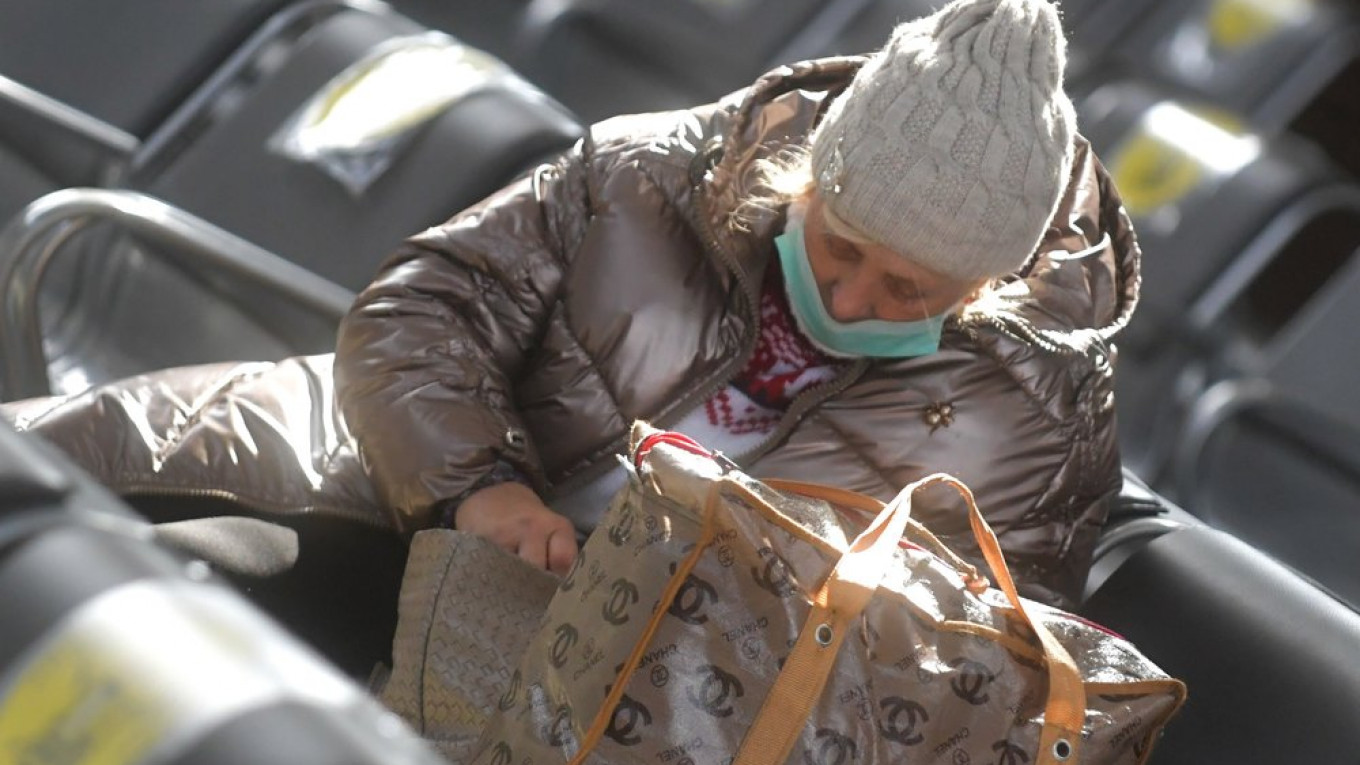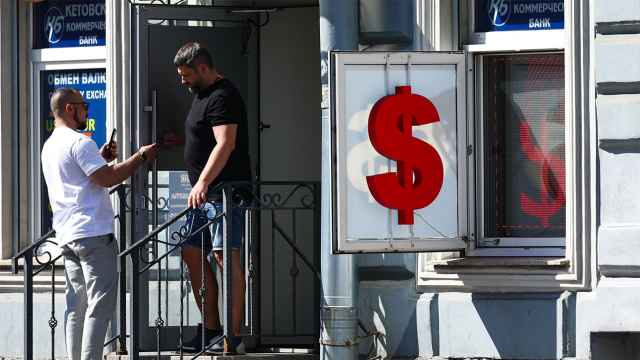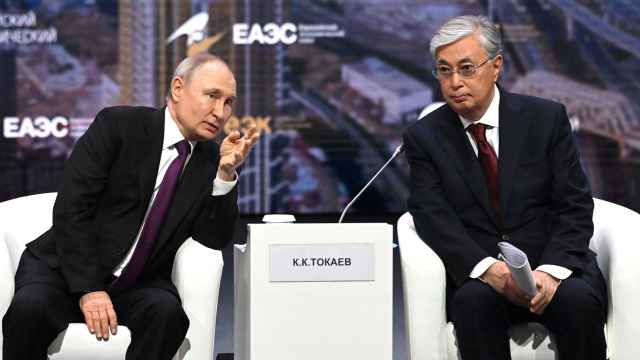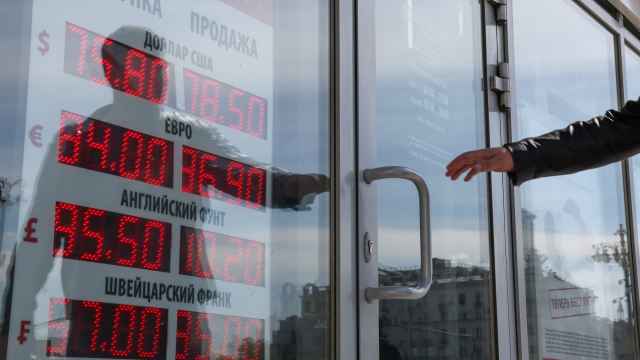Russian living standards will this year see their biggest drop since the financial crisis, a new economic forecast has warned.
Real cash incomes could crash by as much as 5% in 2020, analysis by the Analytical Credit Ratings Agency and Alfa Bank has found. That would be a steeper fall than any Russia has registered in the last decade, topping the previous record of 4.5% seen in 2016 as Russia battled falling oil prices and fallout from Western sanctions.
The fall would come after a prolonged period of hardship for Russian households, whose cash incomes are still 7.5% down on where they were before the Russian annexation of Crimea in 2014. Before the coronavirus pandemic, the Russian government, under new prime minister Mikhail Mishustin, was planning a spending drive to boost living standards after years of stagnation.
Household budgets will come under particular pressure in the second quarter of the year, said Anton Pokatovich, chief analyst at BCS Premier. He predicts a 9% fall in cash incomes — a measurement which strips out obligatory household payments and social benefits — over the three-month period as a result of Russia’s April national holiday and lockdowns across major cities, including Moscow and St. Petersburg.
The fall could be compounded by the large role of shadow employment and wages in Russia’s economy, Timur Nigmatullin, investment manager at Otkritie Brokerage told The Moscow Times.
“Many people work for businesses without employment contracts and receive their salary in cash in an envelope. I think they’ll all be fired now as the businesses go dormant.”
The World Bank estimated between 10 and 15 million Russians are employed without a contract. A larger portion receive so-called “grey” salaries, where a portion is paid in cash under-the-table, on top of an official salary.
A Message from The Moscow Times:
Dear readers,
We are facing unprecedented challenges. Russia's Prosecutor General's Office has designated The Moscow Times as an "undesirable" organization, criminalizing our work and putting our staff at risk of prosecution. This follows our earlier unjust labeling as a "foreign agent."
These actions are direct attempts to silence independent journalism in Russia. The authorities claim our work "discredits the decisions of the Russian leadership." We see things differently: we strive to provide accurate, unbiased reporting on Russia.
We, the journalists of The Moscow Times, refuse to be silenced. But to continue our work, we need your help.
Your support, no matter how small, makes a world of difference. If you can, please support us monthly starting from just $2. It's quick to set up, and every contribution makes a significant impact.
By supporting The Moscow Times, you're defending open, independent journalism in the face of repression. Thank you for standing with us.
Remind me later.






